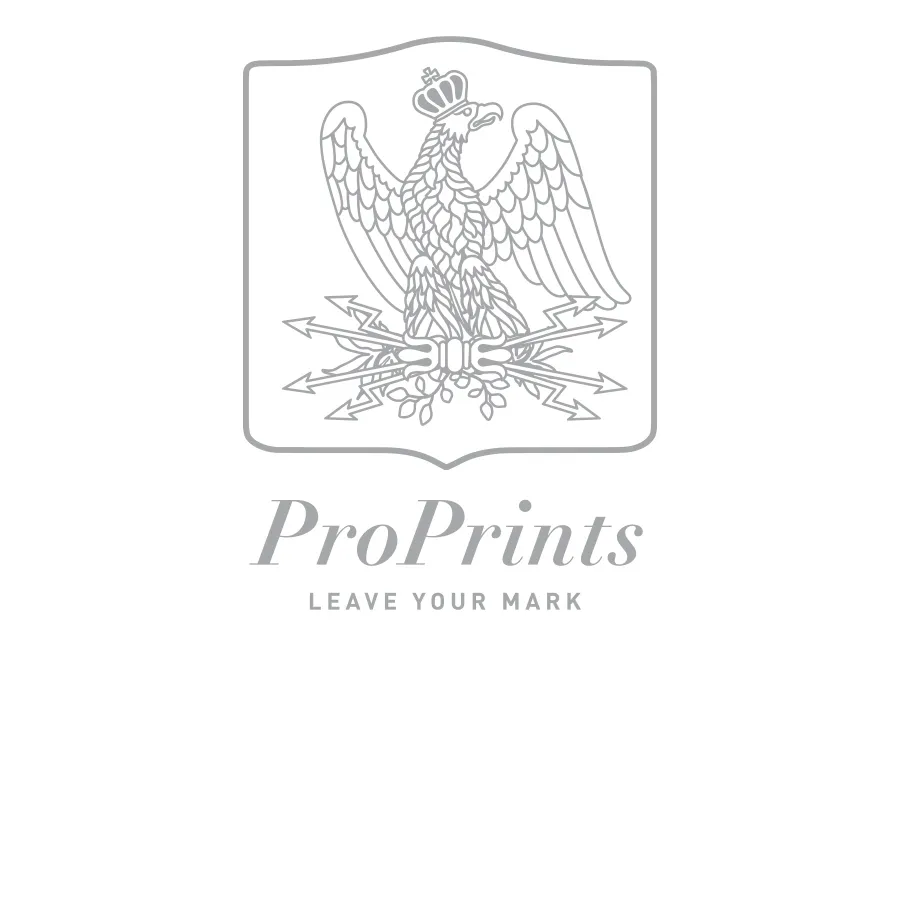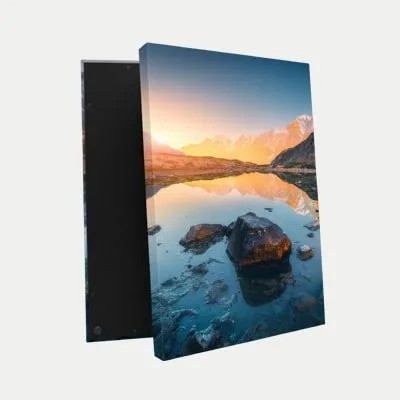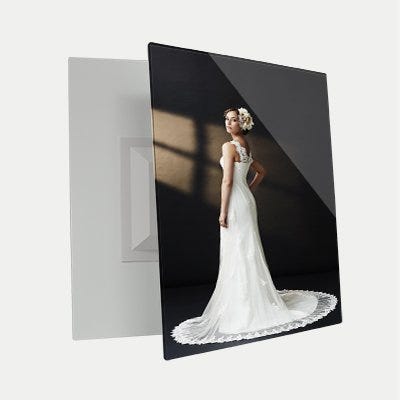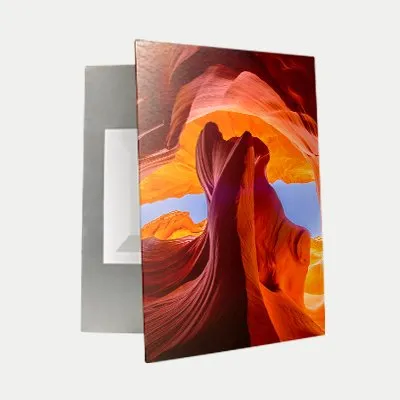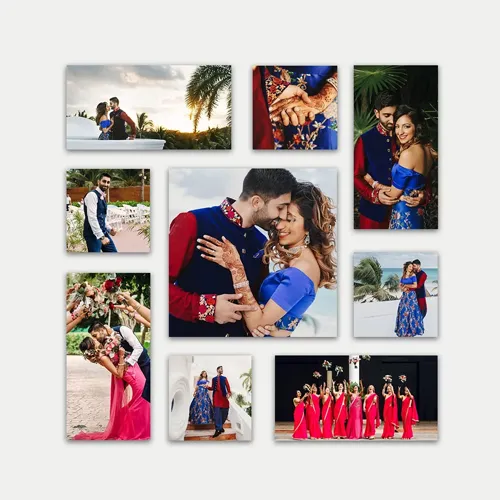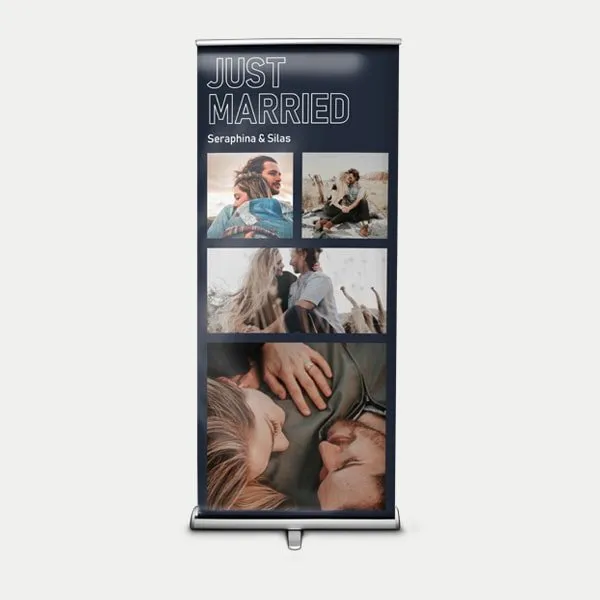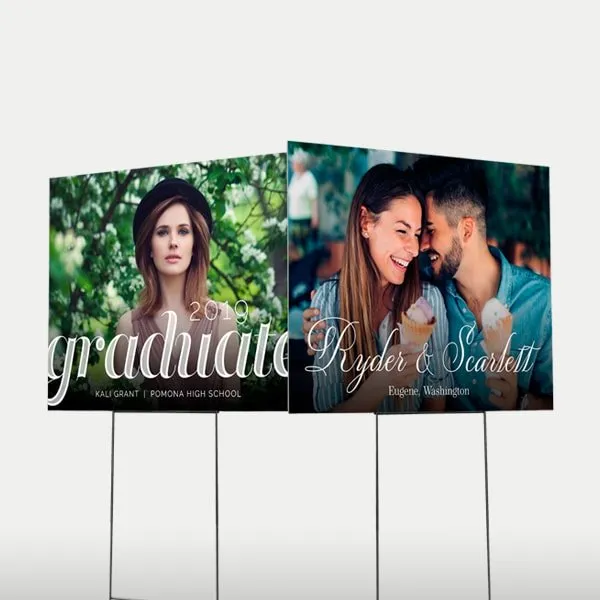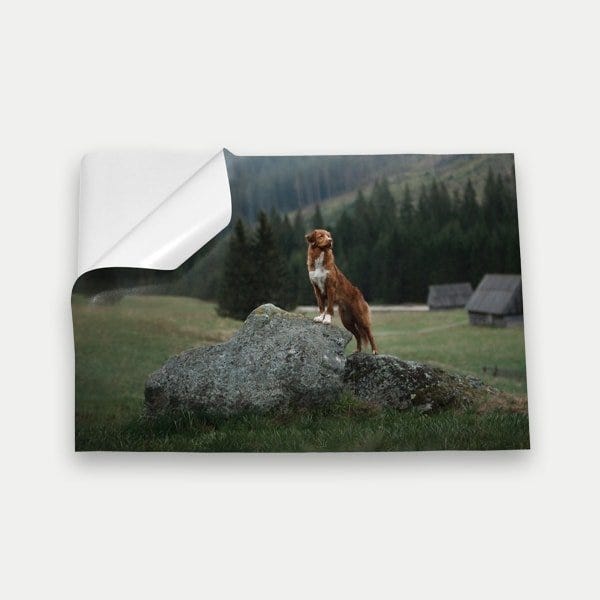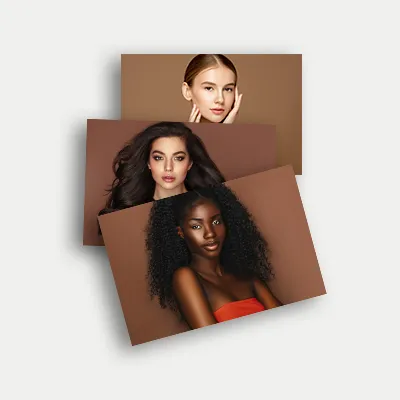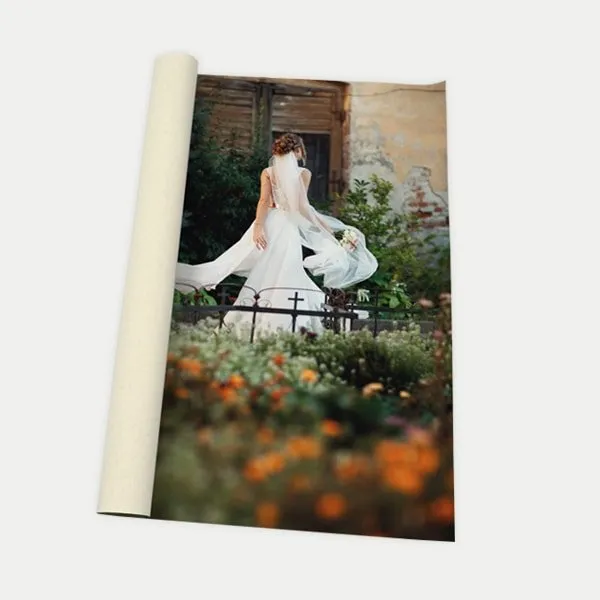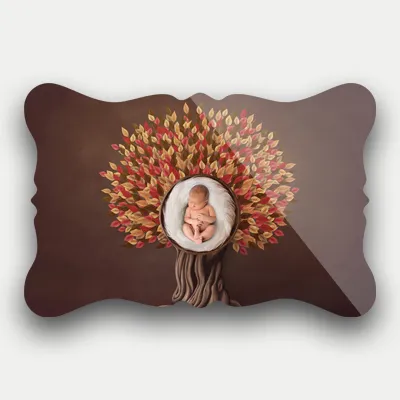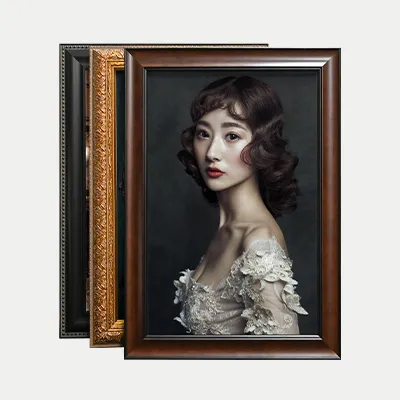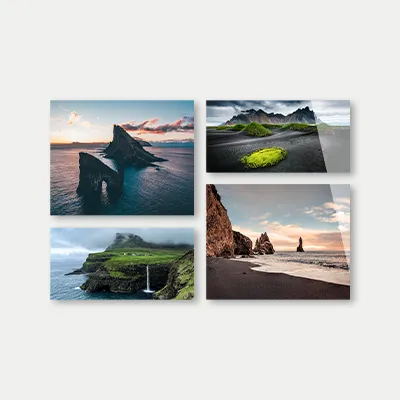10 Things You Need to Start as a Pro Photographer

When you first take up photography as a profession, there are a few things you'll need to purchase. Of course, you'll need a great camera; but if you only have a camera, you'll quickly realize that you're ill-prepared for the task at hand. The good news is that we've got you covered.
In this article, we will go over the top ten most essential items that every aspiring professional photographer will be glad to have on hand when it comes time to get down to business.
1. Camera Bag
Let's face it, cameras, especially those used by professional photographers, are expensive. Therefore, the best investment you'll make is in a good camera bag to protect your most important tool. Most of the better cameras will come with some sort of bag to protect your camera and lenses, but these bags are seldom of a high quality. Whatever you shell out for a good camera bag will be money well spent, and this is without a doubt one of the first things you should buy.
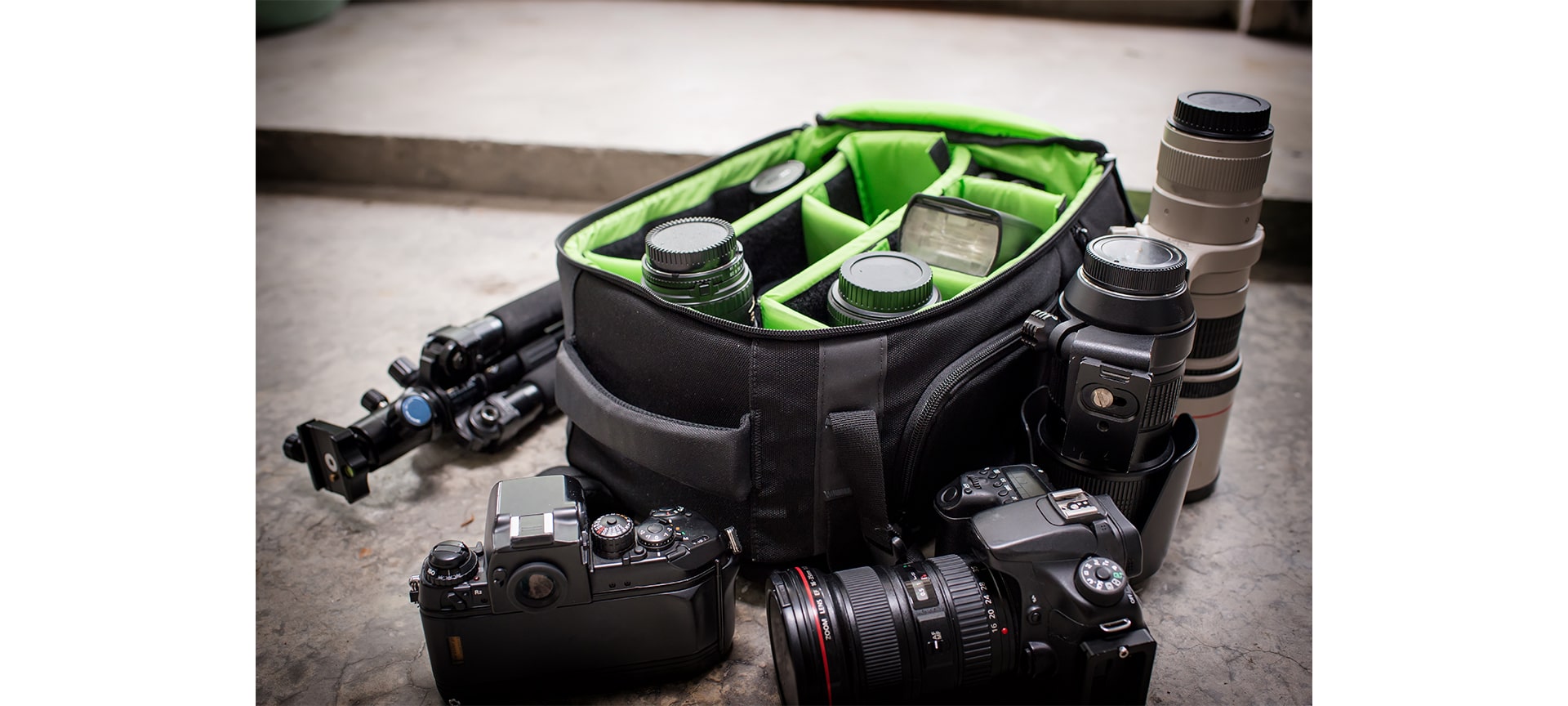
2. Tripod
Another super-important piece of equipment that every pro photographer should have at least one of is a good tripod. Tripods allow you to set up and stabilize your shots, and they are absolutely essential so that you don't need to hold your camera and shoot manually all the time. It's true that snapping shots by hand is perfectly fine from time to time, but when you need to frame the perfect shot or when you want to shoot video, you'll be glad to have your trusty tripod on hand.
3. Tripod Head
Tripods are great for stabilizing your shots, but when you need to pan or tilt, you'll want to have a tripod head. True, you may not need to pan and tilt that often when shooting still photography, but if you decide to shoot video or take burst shots, then having a tripod head will make your life infinitely less stressful. Again, shooting by hand is okay on occasion, but having a tripod head will allow you to perfectly frame every shot like a professional.

4. Remote Release
A remote release is perhaps the most important piece of gear you'll buy other than your camera and lenses. As the name suggests, a remote release allows you to capture shots remotely without needing to physically touch your camera. Remote releases connect to your camera wirelessly, either with Bluetooth or with integrated software, and are indispensable, especially when shooting wildlife or any other subject that you don't want to get to close to.
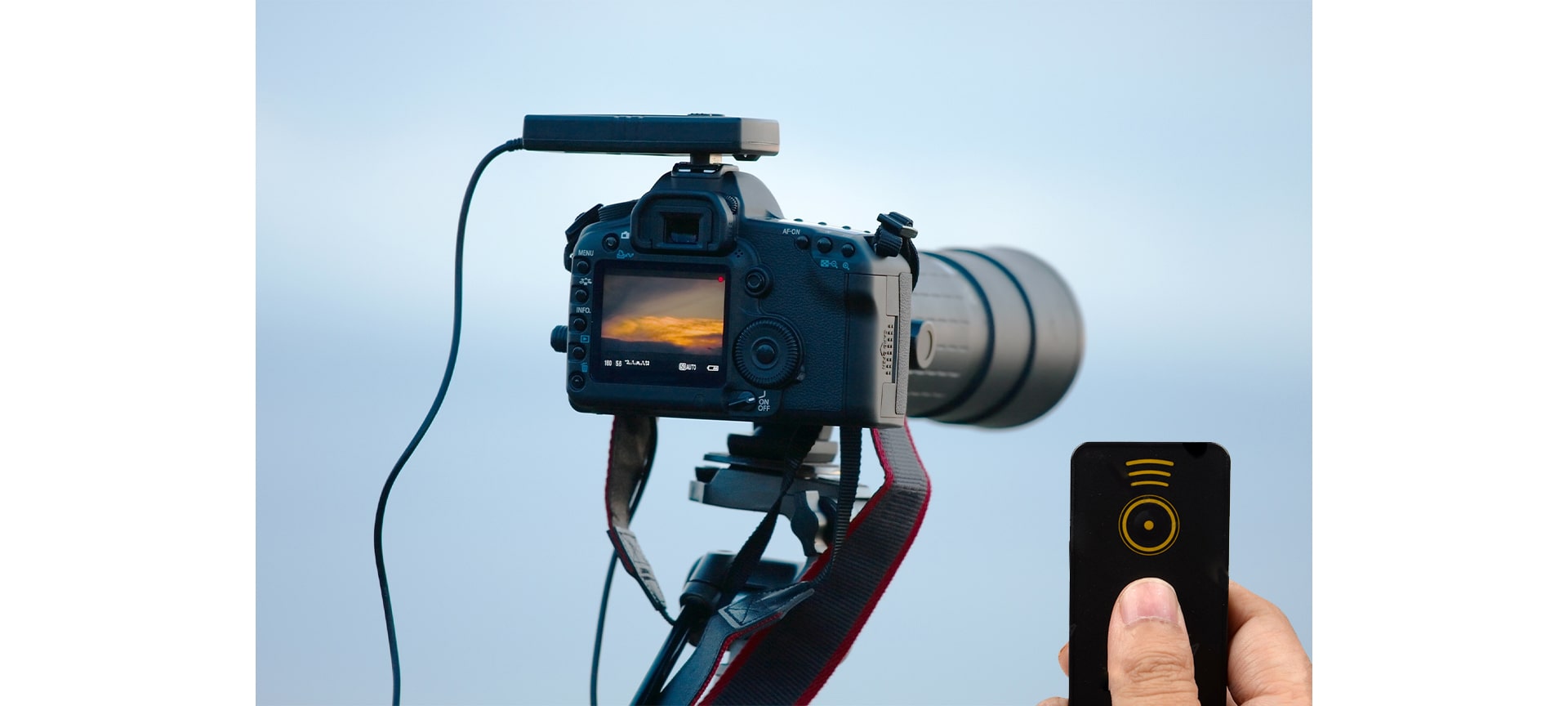
5. A Flashgun
A flashgun is a device that connects to your camera, which allows you to create bursts of bright light indoors so that you can capture subjects in low lighting conditions that would otherwise not show up correctly or require a ton of work in post-production in order to achieve the desired results.
You can think of a flashgun as being a much better version of the flash function on an ordinary, everyday camera. If you want to capture portrait photography, then you’ll absolutely need to have a flashgun, but even if you don’t plan on taking passport photo’s it’s still a very useful item to have in your arsenal because you just never know when you'll need it.
6. Flash Diffuser
A flash diffuser is the spouse of your flashgun; it attaches to the flashgun and allows you to soften or spread out the intense burst of light that the flashgun creates. Sometimes you don't need a ton of bright light, but instead, you just need a little light indoors to create the desired effect; when that's the case, you'll be glad to have your flash diffuser on hand. Higher-end flashguns will come with a flash diffuser, but if yours does not, then you'll definitely want to invest in one as these two items really go together to form one professional flash unit.

7. Lenses
As mentioned, your lenses are what differentiate you from an amateur photographer. By having a wide variety of lenses for different subjects and lighting conditions, you'll be able to capture the exact shot you want. Knowing how to use your lenses and when to use each one is what separates the best-of-the-best photographers from those who haven't yet learned the art of photography.
There are a few different lenses that every professional photographer needs to have and a few more that the best photographers all want to have. Because lenses are so important, let's briefly go over some of the most important ones in a little more detail so that you can factor them into your budget when buying your kit.
The best lenses for portrait photography
One of the most commonly used lenses for portrait photography is a 70-200mm lens. That said, anything from 24mm-200mm is perfectly fine. If you're shooting close-ups, you'll want something between 50-85mm, but if you're shooting at full length, then 24-35mm will generally work best.
The best lenses for product photography
Without a doubt, product photography is best served by a lens that falls within the spectrum of 80-100mm, with most professional product photographers using a 100mm lens to capture high-res shots of products for magazines, billboards, or for the web. 93
The best lenses for food photography
Similar to product photography, a lens in the neighborhood of 80-100mm will work well for capturing detailed shots of food. However, a 24-70mm or 24-105mm lens can work really well also; it all just depends on your style and taste (pun intended.)
The best lenses for landscape photography
A wide-angle zoom lens will almost always be the best choice for capturing professional landscape shots. There are a few different options available, but the best focal lengths tend to be those that are either 10-24mm, 16-35mm, or 24-70mm. If you specialize in taking landscape shots, then you’ll probably want to have all three on hand so that you can decide in the moment what type of photo you want to take.
The best lenses for wedding photography
Wedding photography is notoriously tricky due to the fact that you’ll likely only have one chance to capture the perfect, most intimate shot of the couple’s big day. Wedding photography really is an art unto itself, and it's totally up to the photographer to decide what lens to use.
That said, one of the best, most versatile lenses for wedding photography is the 80mm f/2.8 which is equivalent to a 55mm lens in a 35mm format. Another popular choice is the 70-200mm lens. If you specialize in wedding photography, you’ll definitely want to have both on hand.
The best lenses for wildlife photography
Due to the fact that you often won’t be able to get up close and personal with your subjects when shooting wildlife shots, the only viable option is going to be a good telephoto lens. 70-200mm can be a great choice for beginners, but as you get better at taking wildlife shots, you’ll probably want a 100-400mm or even a 200-500mm lens, probably both.

8. A Lens Hood
A lens hood goes hand-in-hand with your lenses. Lens hoods attach to your lenses and allow you to block the glare given off by direct sunlight so that your shots don’t turn out overexposed. Preventing glare and lens flare is essential if you want to capture the best shots without having to spend hours in post trying to remove unnecessary light from your shots and compositions. Lens hoods generally aren’t super expensive, but they are well worth investing in so that you don’t have to worry about the lighting conditions outside.

9. A Lens Cleaner
One thing you definitely don't want to forget to buy is lens cleaner. With regular use and normal wear and tear, your lenses will naturally get a bit dirty; this is true regardless of how careful you are with them – it's just a fact of life. By investing in a good lens cleaner, you’ll be able to keep your lenses looking and performing their best for many years to come.
10. Filters
Last but not least, you’ll want to have a variety of different filters so that you can adjust the lighting of your shots in real-time without having to worry about adjusting things on your computer in post-production. Although professional photographers do need to know how to use Lightroom, Photoshop, or other such software's the very best professional photographers pride themselves on getting their shots just right the first time without having to rely on artificial adjustments and filters provided by software.

Final Thoughts
When you first start out on your journey to become a professional photographer, you may find that there's a lot to learn and a lot to buy. However, by investing in the right gear up front, you'll be giving yourself the best shot at succeeding in the industry, and as your skill level improves, you'll definitely be glad that you have everything we've covered in this article
Also, remember that printing your work is also incredibly important - so be sure to check out CGProPrints: our products are designed to help you grow your photography business. Try our best seller product: Canvas Wrap PRO, today. PRO>

